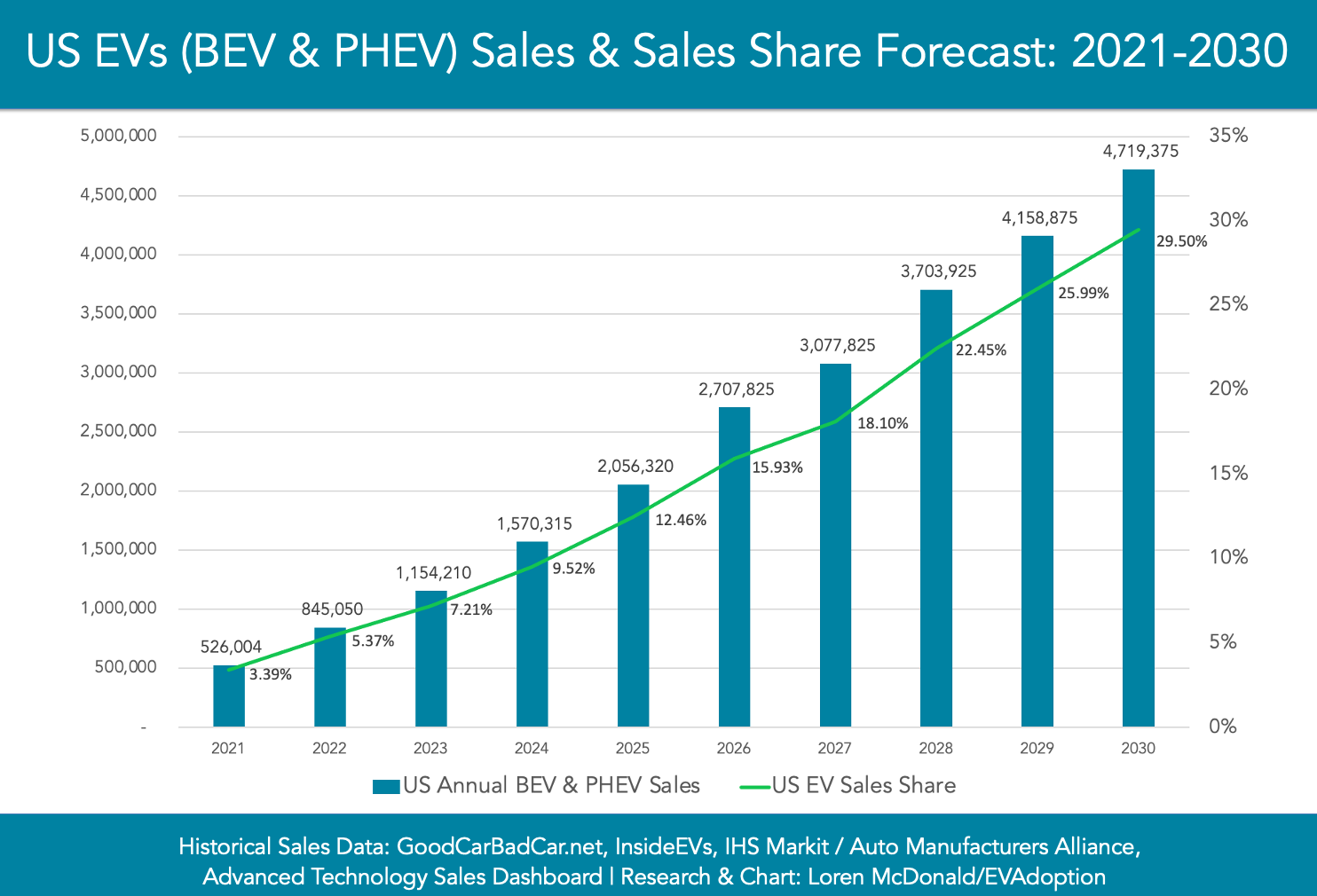Hybrid, Electric & Alternative Fuel Vehicles
The Hybrid and Electric Vehicle courses provides students with fundamental knowledge and experi-ences on Hybrid and Electric Vehicles. These vehicles are currently an increasing portion of the new car sales for manufacturers like Honda, Toyota, GM, Ford, BMW, MBZ and many others.
California typically ranks #1 with total number of new Hybrid and Electric Vehicle sales in the U.S. The unique complexities and safety issues associated with Hybrid and Electric Vehicles necessitates additional training for the technicians of today and tomorrow.
This sector is growing!

Courses & Certificate
Certificate of Achievement: Hybrid and Alternative Fuels
This certificate provides students with the necessary knowledge, skills, and experience
to safely and properly diagnose, repair, service and maintain hybrid, electric, diesel,
and alternative fuel vehicles.
Courses
Our courses provide students with the fundamental skills and knowledge to perform
service, maintenance, and HV system repairs on today’s hybrid vehicles.
This includes:
- Hands-on training utilizing the appropriate tools, equipment, and safety procedures to be a successful entry level technician on hybrid vehicles.
- Theoretical and practical experience, with more than half of the time spent in the laboratory.
ATEC 94 - Hybrid and Electric Vehicles
Course Content
- Carbon Based Fuels and the Environment
- Introduction to Hybrid and Electric Vehicles
- Safety and Service Procedures
- High Voltage Batteries
- Battery Service
- Fuel Cells and Advanced Technologies
- Electric Motors, Generators, and Con-trols
- Internal Combustion Engine Systems
- Power Steering
- Hybrid and Electric Vehicle Heating and Air Conditioning
- Regenerative Braking Systems
- Hybrid Vehicle Transmissions and Transaxles
Student Outcomes
- contrast how a hybrid or electric vehicle operates when compared to conventional vehicles;
- identify and relate system integration of hybrid vehicle components and systems;
- demonstrate proper safety procedures when working on and around hybrid and electric vehicles;
- identify, discuss, and measure how hybrid and electric high voltage systems operate;
- compare and contrast AC and DC electrical systems;
- explain in detail how hybrid & electric drive systems operate, including electric motors, generators and controls;
- critically analyze how regenerative braking systems work;
- contrast and identify how hybrid transmission and transaxles operate;
- diagram how hybrid and electric heating and air conditioning systems operate;
- perform preventive, normal, and specific hybrid and electric service and maintenance;
- assess and examine scan tool data, retrieve and record stored diagnostic trouble codes for hybrid and electric vehicle systems
Resources
Hybrid and electric vehicle related links
Chabot College Auto Hybrid Program in the News

